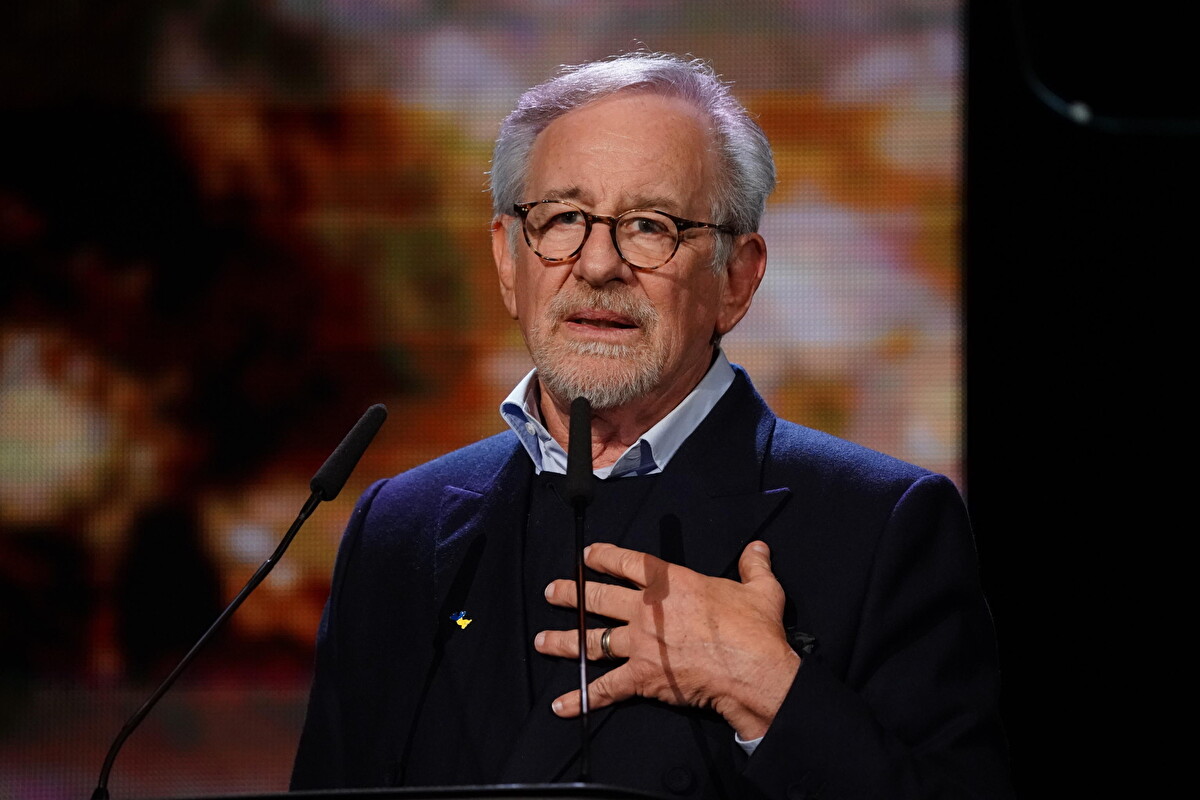Elon Musk paid a surprise visit to China in an effort to boost Tesla’s declining sales and debut the automaker’s self-driving technology in the country, despite fierce competition from national competitors.
According to a person with knowledge of the situation, the Tesla CEO arrived in the Chinese capital on Sunday and was scheduled to discuss the release of Full Self-Driving (FSD) software and authorization to send driving data abroad. The tycoon also notably met Chinese Premier Li Qiang, who hailed Tesla’s progress in China as a “successful model” of trade and economic cooperation between the United States and China.
The U.S. electric car manufacturer, which launched the most autonomous version of its Autopilot software four years ago, has not yet made FSD fully available in China, its second-largest market internationally, despite growing consumer demand.
Due to worries about data security and eavesdropping, since 2021 Chinese authorities have mandated that Tesla retain all data gathered by its Chinese fleet in Shanghai, preventing the business from exporting any of this data back to the United States – where algorithms are typically trained for autonomous driving capabilities.
A small step forward was nonetheless made on Sunday, when a statement from the China Association of Auto Manufacturers stated that Tesla’s Model 3 and Model Y cars had satisfied China’s strict data security regulations. According to a Bloomberg story, Tesla has also secured an agreement with China’s largest tech company Baidu (BIDU) to collaborate on mapping and navigation features before the FSD system is implemented.
Musk’s visit coincided with the opening of the Beijing Auto Show, where Chinese and international EV manufacturers are showcasing their newest models in an attempt to attract buyers and attention in the largest EV market in the world. As a response to the company’s decreasing sales and increased competition from Chinese rivals, Tesla recently introduced significant price cuts in China and other key regions in order to win market shares.











